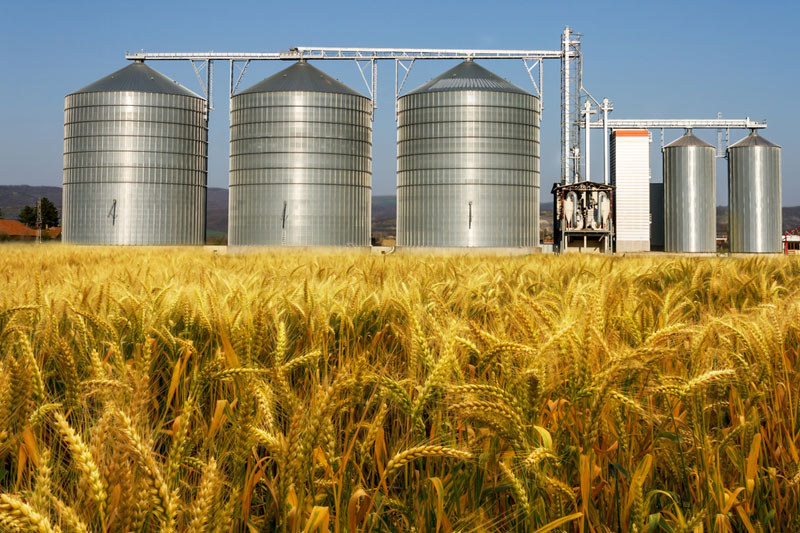Russia’s Attacks on Ukrainian Black Sea Ports: A Threat to Global Food Security
In recent weeks, the escalating conflict between Russia and Ukraine has taken a troubling turn, with increased attacks on Ukrainian Black Sea ports. British Prime Minister Keir Starmer has voiced serious concerns about the implications of these strikes, emphasizing that they are not only a direct assault on Ukraine but also a significant threat to global food security. The ramifications of these actions extend far beyond the immediate region, affecting vulnerable populations across Africa, Asia, and the Middle East.
The Impact of Russian Strikes
Starmer’s statement highlights the indiscriminate nature of Russia’s military operations, which have targeted civilian infrastructure critical for grain exports. According to the United Nations, since September 1, Russian attacks have damaged six civilian vessels and key grain infrastructure in Ukraine. This ramp-up in strikes has been described as "distressing," reflecting the urgent need for international attention and action. British Defence Intelligence reports indicate that at least four merchant vessels were struck by Russian munitions in the Black Sea between October 5 and 14, underscoring the ongoing threat to maritime safety in the region.
A Gamble on Global Food Security
Starmer has characterized Russian President Vladimir Putin’s actions as a gamble on global food security, suggesting that the Kremlin is willing to sacrifice the well-being of millions in pursuit of military objectives. "Putin is harming millions of vulnerable people across Africa, Asia, and the Middle East, to try and gain the upper hand in his barbaric war," Starmer stated. This assertion is particularly poignant given that Ukraine is a major global supplier of wheat and corn, exporting approximately six million tons of grain per month prior to the invasion in 2022.
Delays in Humanitarian Aid
The consequences of these attacks are dire, particularly for humanitarian efforts. Starmer noted that Russian strikes have delayed shipments of essential supplies, including vegetable oil destined for the World Food Programme in Palestine. Additionally, vessels carrying grain intended for Egypt and other shipments bound for southern Africa have also been impacted. The disruption of these vital supplies not only exacerbates food insecurity in these regions but also highlights the interconnectedness of global food systems.
The Collapse of the U.N.-Backed Grain Initiative
The situation has been further complicated by the collapse of a U.N.-backed Black Sea grain export initiative last year, which had provided a framework for safe passage of grain ships. This initiative was crucial in facilitating Ukraine’s grain exports and ensuring that food reached those in need. In response to the ongoing conflict, Ukraine has worked to establish a new shipping corridor in the Black Sea, but the threat of Russian attacks continues to loom large, creating uncertainty and risk for maritime operations.
Conclusion
As the conflict in Ukraine persists, the implications of Russia’s military actions extend far beyond its borders. The attacks on Black Sea ports not only threaten Ukraine’s economy but also jeopardize global food security, particularly for the most vulnerable populations. Prime Minister Keir Starmer’s remarks serve as a stark reminder of the human cost of this conflict and the urgent need for international solidarity and action to protect those affected by the fallout of war. The world must remain vigilant and responsive to the challenges posed by this ongoing crisis, ensuring that humanitarian aid reaches those who need it most and that global food systems are safeguarded against further disruption.
